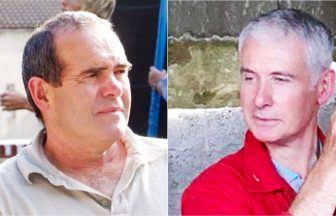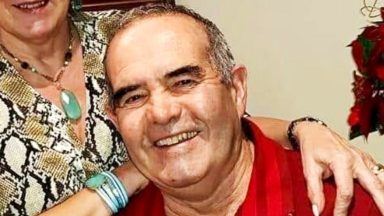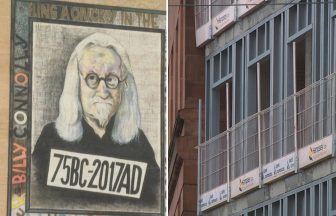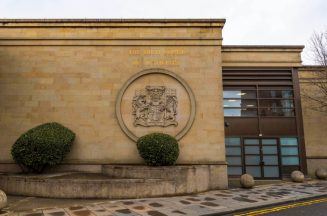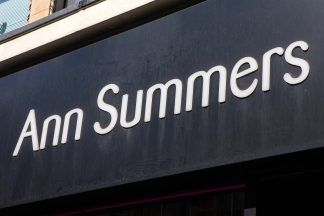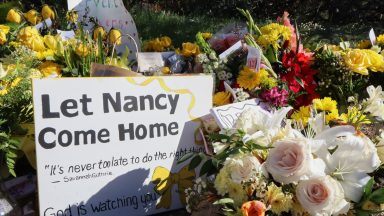The stark financial decisions facing Glasgow’s health and social care partnership have been laid bare in leaked documents, as it grapples with a huge budget gap.
Options for savings worth £22m have been set out by officials, including slashing £3.5m from a budget for buying care home beds for older people, closing Hamilton Park Avenue children’s residential home and shutting Carlton Day Centre for people with learning disabilities.
A support service for children “living with a parent with alcohol and drug problems” could be decommissioned to save £600,000 and £2m cut from the Glasgow Alliance to End Homelessness, which has a “critical role” in providing emergency accommodation to homeless people.
UNISON has reacted angrily to the documents, with rep Chris Sermanni saying there are “no ‘safe’ or ‘palatable’ cuts”.
“Glasgow needs more money, and our local politicians should be fighting for this, not timidly passing on austerity handed down from Holyrood and Westminster,” he added.
Health bosses insist it is “too early to say” what options will be included but admit local government is facing an “exceptionally tough” challenge.
Glasgow’s Integration Joint Board [IJB] — with members from the council and NHS — is expected to set a budget for the Glasgow City Health and Social Care Partnership on March 22.
The leaked documents state £8.3m of the £22m savings identified are “deliverable” while £13.7m “would not be supported by the chief social work officer because of the significant risk to the council of being able to fulfil its statutory duties”.
It reveals options have been identified if the council “chooses to cut services by a further £26.8m” to get to a target of £48.8m — but these would be “catastrophic” and would impact Glasgow City and residents in “a way which they could never recover from”.
The £22m of savings also include a £50,000 cut to addiction recovery services, which, the document states, would mean “vulnerable” people moving back “to the community from residential rehabilitation services will not get the required level of support”.
Around £3m could be taken from the self-direct support and direct payments budget, meaning some service users could need to wait up to two years for support packages.
Another option in the documents is reducing the care at home service, which helps people to live at home while “maximising their independence”, to save £1.1m. It could impact hospital discharges and “increase demand on residential and nursery care home beds”.
Shutting Hamilton Park Avenue children’s residential home would save £850,000, it has been reported. Closing Carlton Day Centre is expected to save £1.2m but would “lead to many service users becoming extremely vulnerable” and families having to support their relatives themselves.
Mr Sermanni, UNISON Glasgow social work convener, said: “These proposed cuts are the real consequence of slashing tens of millions of pounds from the social work budget. The reality is there are no ‘safe’ or ‘palatable’ cuts.
“Any reduction in funding has a significant impact on the delivery of key services in Glasgow. Social work services in the city are at a crisis point as it stands, and implementing these cuts would be catastrophic.”
A spokeswoman for the IJB said: “As part of the annual budget-setting process, a cross-party group of councillors works with officers from across the council family to scrutinise and develop options on where savings and investment could be considered.
“Officers also regularly update a financial forecast; taking into account inflation and the latest information on national settlements.
“Due to the way the Scottish Government budget directs councils to allocate resources to health and social care partnerships, the pressures facing social work services can no longer be included in the council’s budget-setting meeting next week.”
Glasgow City Council is facing a shortfall of just over £60m, with city treasurer Ricky Bell set to present plans to address the deficit on Thursday, February 16.
Trade unions will lobby outside the city chambers before the council’s meeting. They have said the people of Glasgow “are not to blame for the austerity politics of successive national governments or the decisions of previous Glasgow administrations”.
A spokesperson for Glasgow’s joint trade unions said councillors weren’t elected for “an easy life” and the city doesn’t need “managers of decline”. “We need councillors that will stand up and seriously take on the national governments,” they added.
Follow STV News on WhatsApp
Scan the QR code on your mobile device for all the latest news from around the country


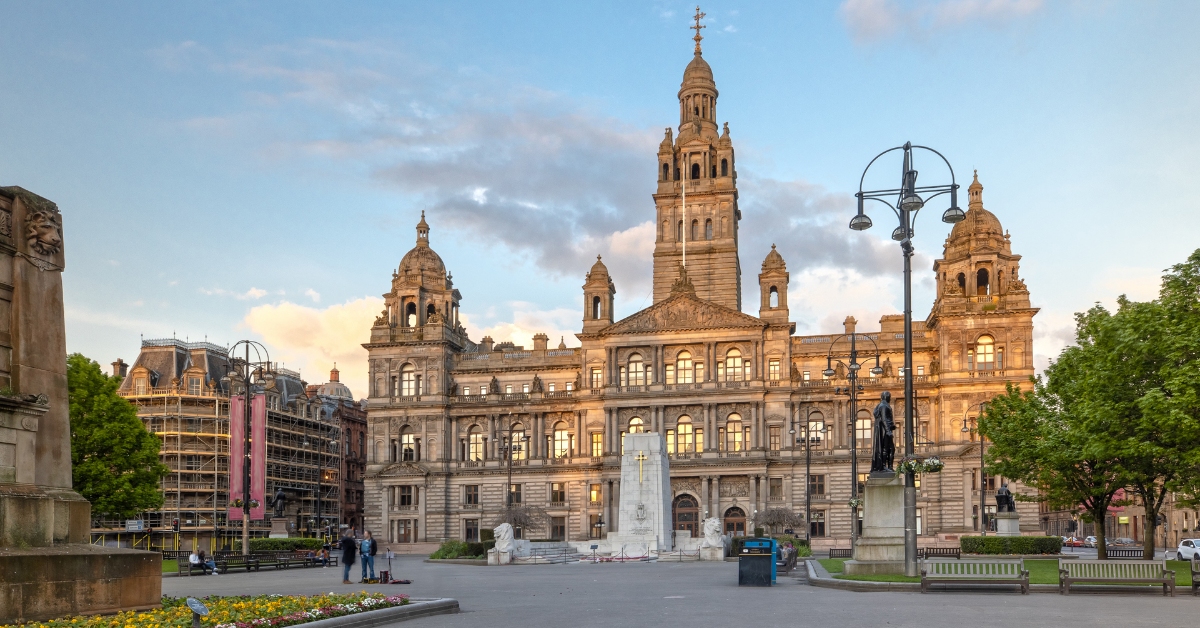 iStock
iStock

